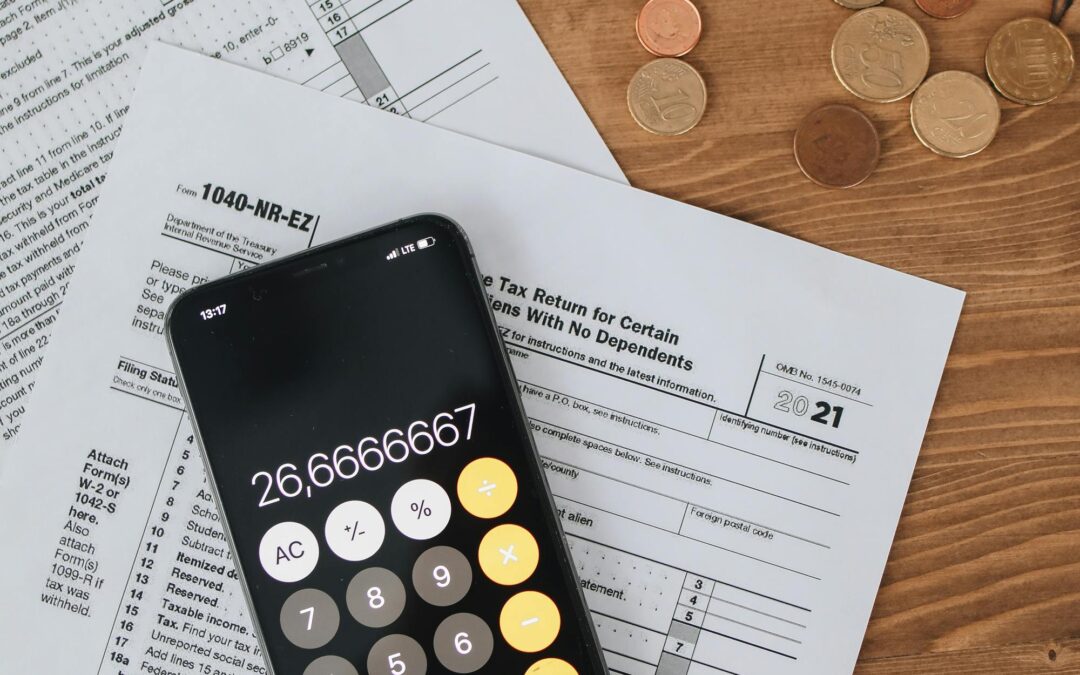
by Dean Logan Chartered Accountant | May 31, 2020 | Accountancy, Business Advice, Employment, Personal Tax, Tax, VAT
We have just issued our latest ‘Tax Tips and News’ which includes: • CJRS (Furlough Scheme) extended and made flexible • Self Employed Scheme (SEISS) extended. • Bounce back loans – a hit! • VAT: Deferral of payments •...
by Dean Logan Chartered Accountant | Aug 31, 2019 | Accountancy
The draft Finance Bill clauses issued for consultation on 11 July include legislation to extend the “off-payroll” working rules to the private sector from 6 April 2020. These changes will have significant implications for workers providing their services...

by Dean Logan Chartered Accountant | Aug 15, 2019 | Business Advice, Corporation Tax
Q. I borrowed some money from my company to lend to my brother. He is paying it back in monthly instalments over three years. I am the sole director and shareholder of the company and I am not charging my brother interest on the loan. Are there any tax implications I...
by Dean Logan Chartered Accountant | Aug 9, 2019 | Accountancy, Personal Tax
Q. My child’s school is asking parents to make a one-off donation to help with much-needed school funds. If I complete a gift aid form for my donation, will I be able to can claim tax back on the payment? A. If the school is a registered charity, either...



